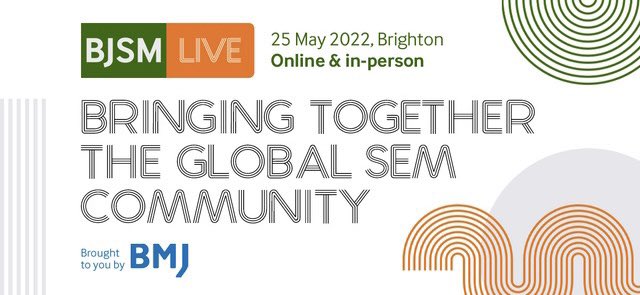Last thing I wanted to say and that I will keep saying is there are so MANY ways to be #BlackinMH !
You can be what people “traditionally” think of when they think of mental health - like psychiatrists, clinical and counseling psychologists, social workers, marriage and family therpists, counselors, etc.
But there are also nurses, researchers, occupational therapists, public health officials, school psychologists, data scientists, and more!
While we all look at mental health from different angles and perspectives, we are ALL pieces of the puzzle to help individuals with their mental health.
• • •
Missing some Tweet in this thread? You can try to
force a refresh









